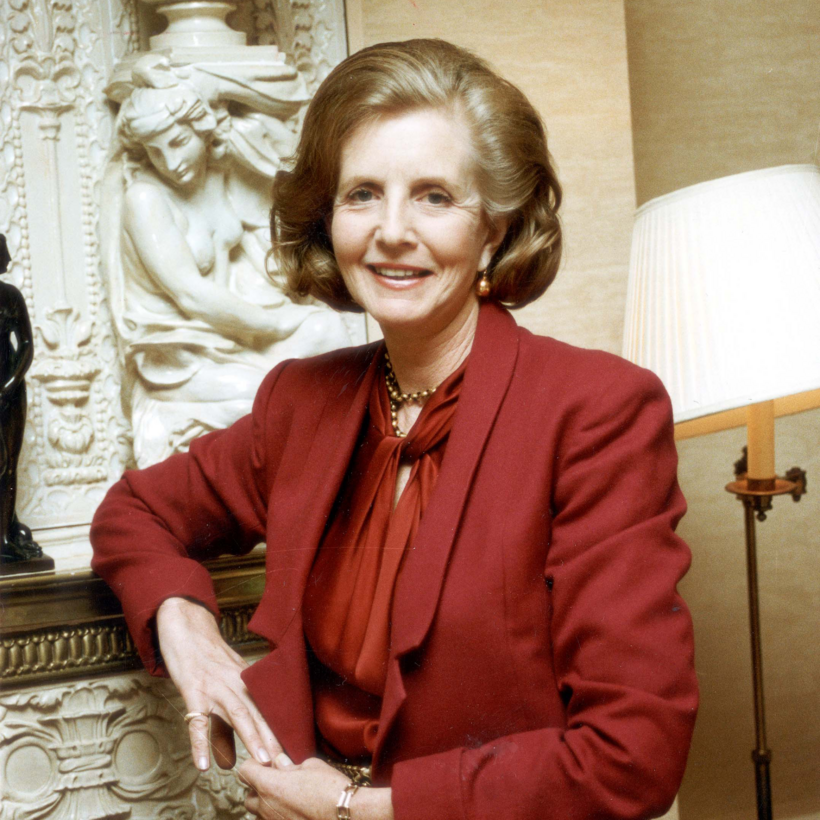At the age of 87, Lady Anne Glenconner told her publishers that her memoir would sell half a million copies and she would like to promote it on The Graham Norton Show. They explained that the first was unlikely and the latter impossible. Norton booked film stars, not unknown octogenarian aristocrats. Three years on, she pauses for comic effect and looks at me with satisfaction.
“Anyway,” she says, “I did both.”

